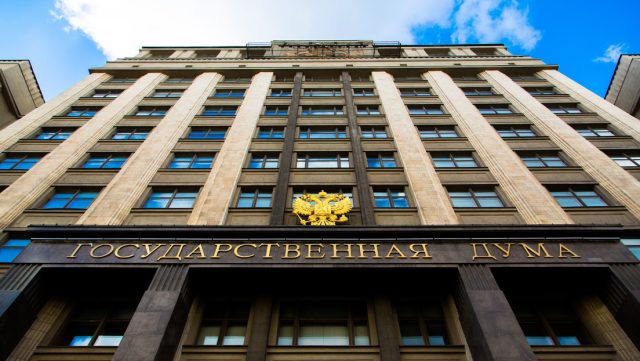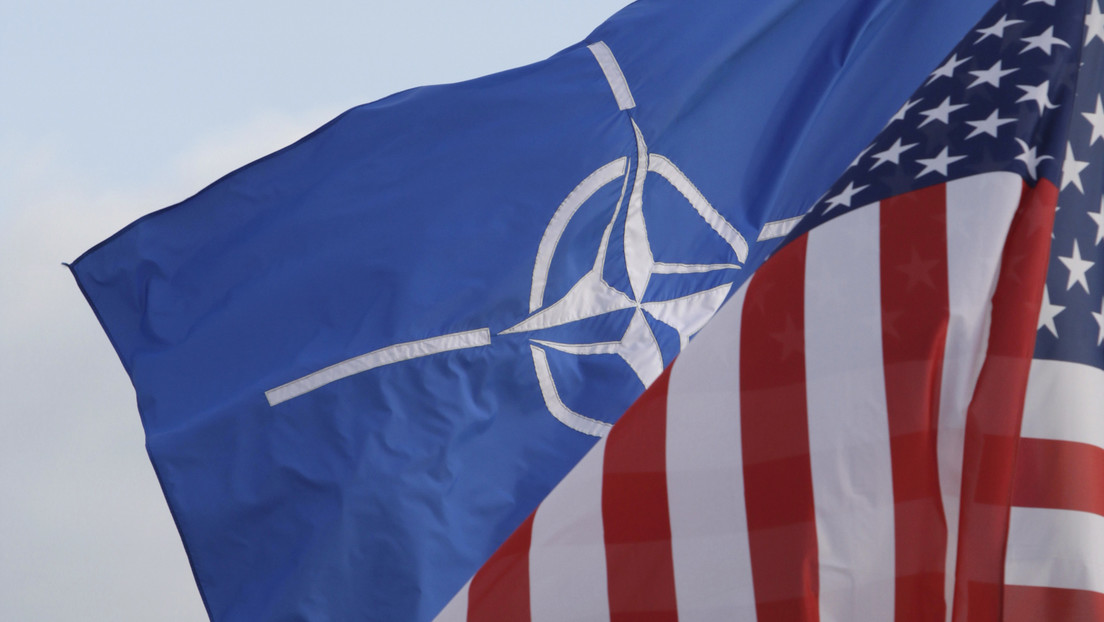The State Duma and the Federation Council (the two chambers of the Russian Parliament) approved this Friday amendments to the Criminal Code that provide criminal penalties and fines for the dissemination of false information about the actions of the Russia n Armed Forces in the Ukraine and for the incitement of new sanctions against the country by the US and Europe.
According to Duma Speaker Viacheslav Volodin, the move is intended to ensure the safety of soldiers and «seeks to protect the truth». The bill, approved unanimously, will be presented to Russian President Vladimir Putin, reported RT.
The public dissemination of deliberately false information in the form of reliable messages containing data on the actions of the Armed Forces of Russia will be sanctioned with:
* Fines of between 700,000 and 1.5 million rubles ($6,400 to $13,800) or corresponding to a period of between one year and 18 months of salary or other income;
* Correctional labor for up to one year or forced labor for up to three years;
* A prison sentence of up to three years.
If the crime was carried out with abuse of office, by an organized group, with the fabrication of evidence, for profit or for reasons of political, racial, national or religious hatred or hostility or hatred directed against a particular social group, offenders will be sanctioned with:
* Fines of 3 million to 5 million rubles ($27,300 to $45,600) or three to five years of salary or other income;
* Forced labor for up to five years with suspension of the right to hold certain positions or engage in certain activities for the same period;
* A prison sentence of five to ten years with suspension of the right to hold certain positions or engage in certain activities for up to five years.
15-year prison sentences in Russia
If the aforementioned crimes entail serious consequences, they will be sanctioned with:
* A prison sentence of 10 to 15 years with suspension of the right to hold certain positions or engage in certain activities for up to five years.
Meanwhile, public actions aimed at discrediting the use of the Armed Forces of Russia as protectors of the interests of the country and its citizens, as well as of international peace, including the incitement to obstruct its use by people who were given an administrative sanction for similar acts within one year will be sanctioned with :
* Fines of 100,000 to 300,000 rubles ($900 to $2,700) or one to two years of salary or other income;
* Forced labor for up to three years;
* Detention of between four and six months;
* A prison sentence of up to three years with suspension of the right to hold certain positions or engage in certain activities for the same period.
If such actions entail serious consequences, they will be sanctioned with:
* Fines of 300,000 to 1 million rubles ($2,700 to $9,100) or three to five years of salary or other income;
* A prison sentence of up to five years with suspension of the right to hold certain positions or engage in certain activities for the same period.
Incitement to impose restrictive measures against Russia, its citizens or entities by a foreign State, an association of States or a foreign State institution carried out by persons to whom an administrative sanction was applied for similar acts within one year will be penalized with:
* Fines of up to 500,000 rubles ($4,500) or for up to three years’ salary or other income;
* Forced labor for up to three years;
* Restriction of freedom of up to three years;
* Detention for a period of up to six months;
* A prison sentence of up to three years with or without fines of up to 200,000 rubles ($1,800) or corresponding to a period of up to one year’s salary or other income.
Since the beginning of the Russian special operation, the number of hoaxes spread both on social networks and by some of the media has intensified.
On March 1, the Russian Prosecutor General’s Office demanded to restrict access to the Ejo Moskvy radio station and the Dozhd television channel (qualified in the country as a foreign agent), accusing them of systematic incitement to extremism and violence, as well as deliberately publishing false information about the actions of Russian forces in the Ukraine.
Meanwhile, the Russian Federal Service for the Supervision of Telecommunications, Information Technologies and the Media (Roskomnadzor) restricted access to the websites of Radio Free Europe/Radio Liberty, Meduza (qualified in the country as a foreign agent) on Friday. and the Russian service of the BBC for «inciting riots, extremism and participation in illegal public demonstrations».




